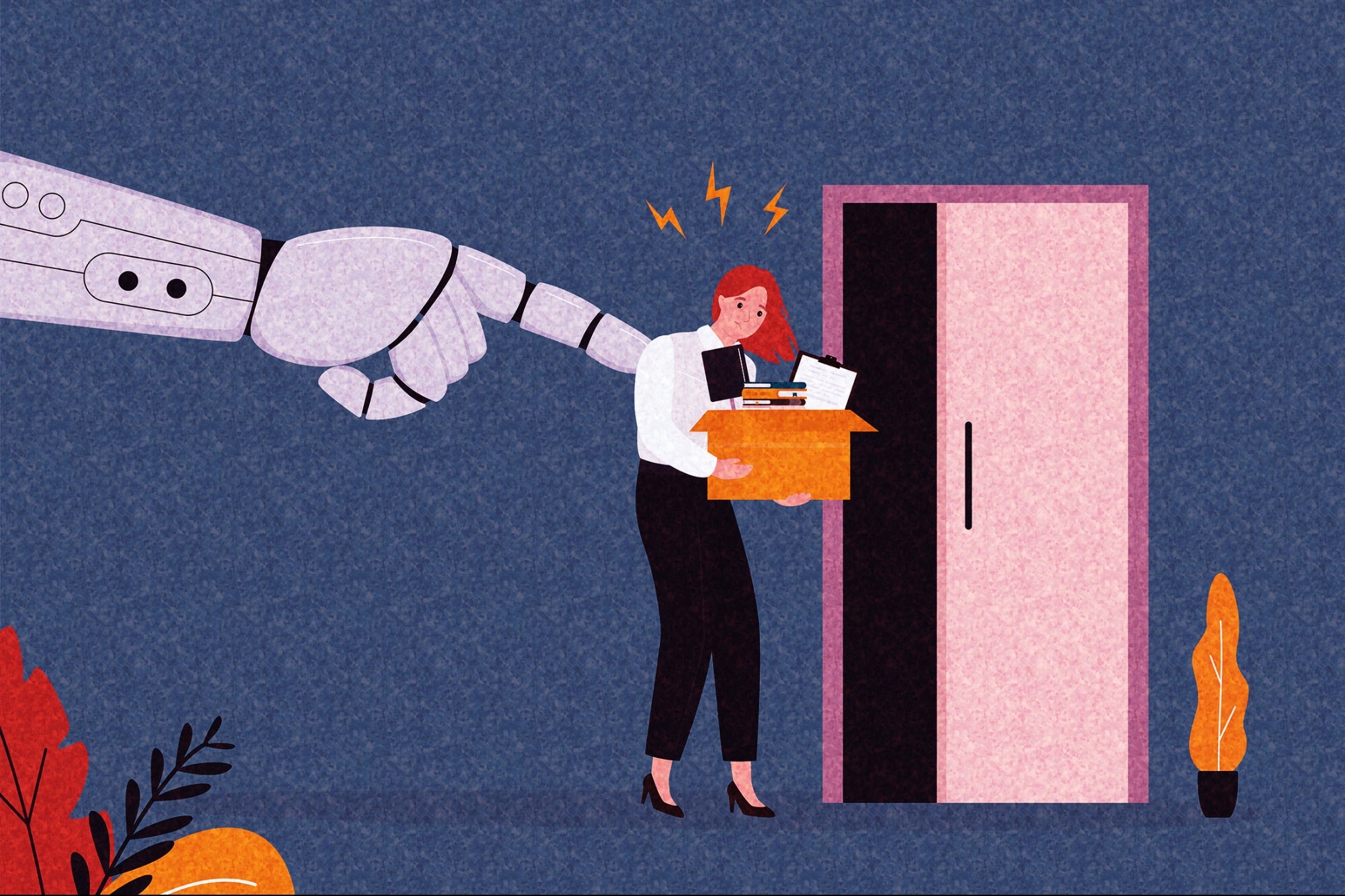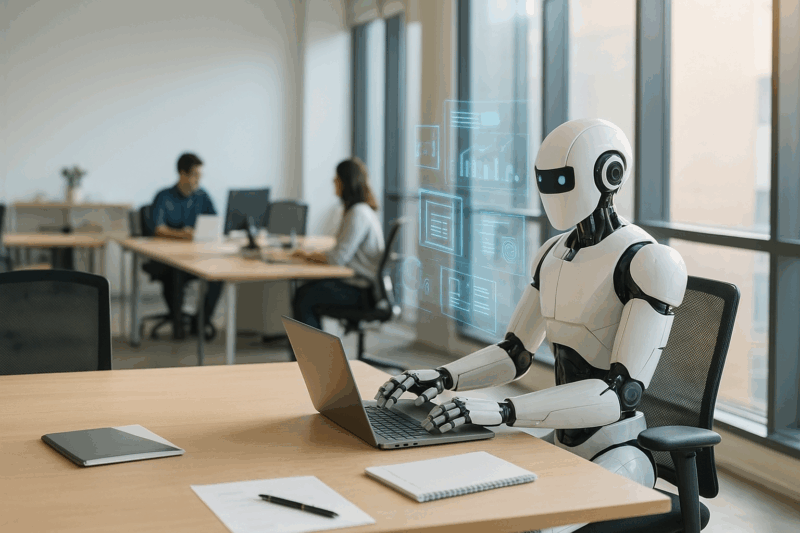UK politics
fromwww.theguardian.com
6 days agoDo you remember your first crappy job? Today's young people would wish for half your luck | Gaby Hinsliff
Rising employer costs from national insurance and minimum-wage hikes are reducing entry-level hiring, worsening youth unemployment and intensifying competition with overqualified graduates.


/images/2025/02/13/stacks-of-money-with-orange-background.jpg)











